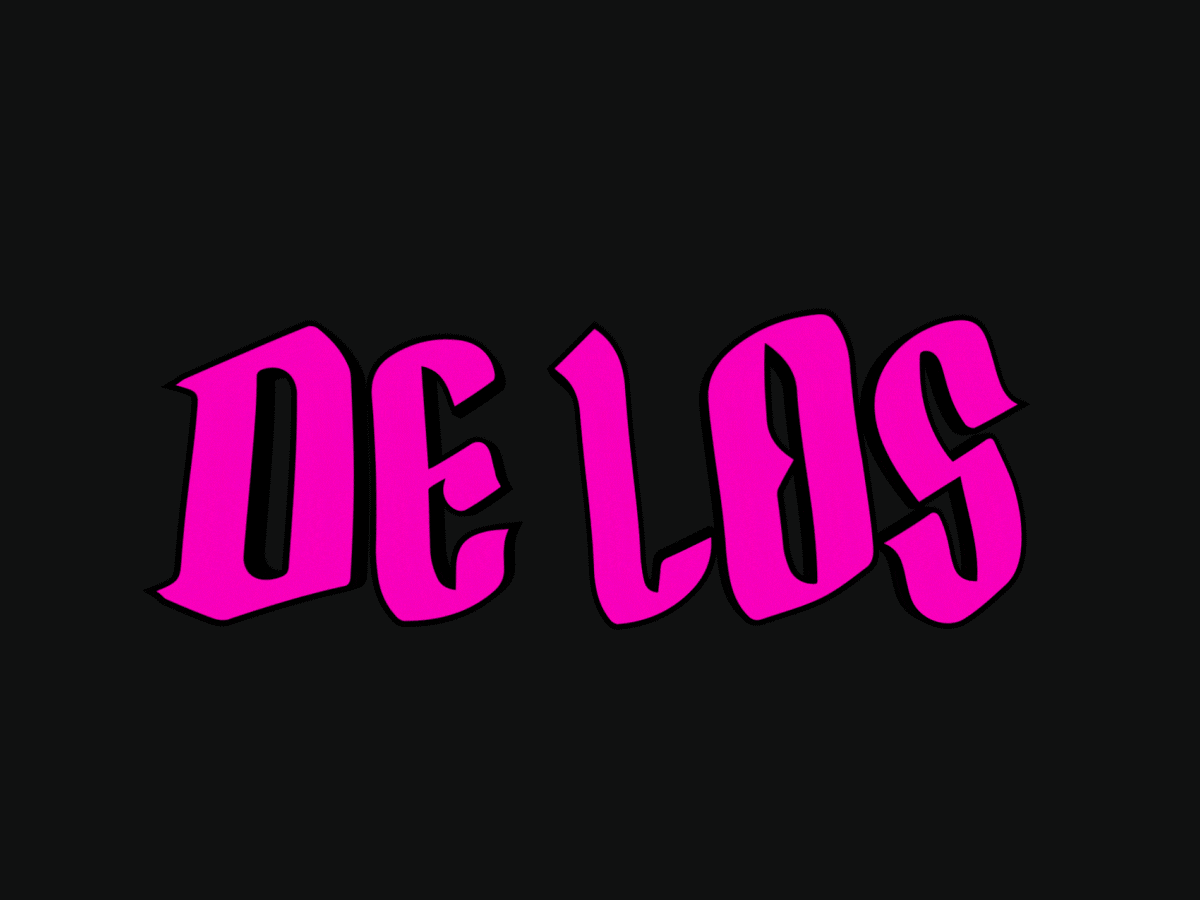Latinx Files: How De Los grew out of this newsletter

- Share via
When we launched the Latinx Files in late 2020 (Can you believe we turn 3 in November? Yeah, us neither!), our goal was to create a news product that prioritized a community that has been historically ignored and misrepresented in the media.
Despite accounting for nearly half of Los Angeles’ population and 1 out of 5 Americans, our stories rarely got told. And when they were, they primarily focused on immigration, on our labor, suffering and deaths.
In our view — I’m using plural determiners because although it bears my byline, this newsletter is a group effort — these narratives painted an incomplete picture, one that flattened a community of more than 60 million people nationwide into being one dimensional.
Our hope was to provide that depth. Our thinking was that in doing so we were giving people what they wanted.
“[I believe] that there is a great need and desire for a space where Latinx stories are told, one in which our experiences and perspectives are centered,” I wrote.
Sure enough, we built it and you came in droves. Thanks to you, we were able to surpass our first year subscribers goal in 10 months. In the nearly three years that this newsletter has existed, we’ve published stories on topics such as mental health and the rise of Latinx content creators. We’ve paid tribute to icons like Selena, Juan Gabriel and Jenny 69 (shout out forever to Riversai!). We have been serious and silly, and have shared our platform with some of the most exciting Latinx voices out there.
But as much as I’ve loved writing the newsletter — hands down, it has been one of the most rewarding professional experiences I’ve ever had — I’ve always felt that it wouldn’t be enough. I was just one person trying to outline as many of the million contours that define Latinidad as I could, one weekly newsletter at a time. For as many stories as I was covering, there were plenty that were going unreported. It quickly became apparent that in order for The Times to meet its goal of better reflecting the city and region it covers, we needed more help.
The Latinx experience chronicled
Get the Latinx Files newsletter for stories that capture the multitudes within our communities.
You may occasionally receive promotional content from the Los Angeles Times.
And so, on Dec. 10, 2021, the work on what became De Los began.
This past Monday, after more than a year and a half of planning, of recruiting, hiring and promoting a group of journalists from within and outside of The Times, De Los officially launched.
As previously mentioned, many of the lessons gleaned from writing this newsletter have been applied to De Los. Much like this newsletter, fostering community is a key tenet of this newer project— one of the first hires we made was a community editor, a role that will work to establish a two-way street of communication with our audience.
And much like the Latinx Files, De Los will feature the work of contributors. So far we’ve published the work of bestselling authors John Paul Brammer and Javier Zamora, and we’ll be adding more names in the coming months.
We hope you like what we have in store for you.
One final thing: This newsletter isn’t going anywhere. I’ll still be working on it. You can’t get rid of me that easily. Sorry.
Things we read this week that we think you should read, De Los edition
— In her first installment of “Diaspora Baby,” a new column series, Suzy Exposito writes about the role marketing has had in shaping Latinidad, and how it has contributed to our marginalization in mainstream media. The thing about Suzy is that she doesn’t miss, and this very good column is proof.
— A strong start from our De Los senior reporter Alejandra Molina! On Monday, we published her profile of the Avocado Heights Vaquerxs, an advocacy group aimed at preserving the way of life for equestrian communities in the San Gabriel Valley. On Wednesday, she followed it up with this report about the growing devotion to unsanctioned Catholic saints in Southern California.
— Freelancer and star-in-the-making Mariana Martínez Barba wrote the definitive story on ecuavoley, a sport similar to volleyball that originated in Ecuador and is now found in almost every New York borough thanks to the more than 184,000 Ecuadoreans who call the city home. As Mariana reports, for many, ecuavoley isn’t just a game. It’s a way of life.
— De Los reporter Andrea Flores spent some time with Daniel Flores, a Chicago area trumpeter who has gone viral on TikTok playing covers of popular Latin songs.
— La prima Alex Zaragoza, who has previously written in this space about the Writers Guild of America strike and what’s at stake for Latinx writers, spoke to actors who have made a living playing bad hombres on television and film, and why they’re not opposed to playing a type.
— Something we hope to do with De Los is to work in conjunction with community organizations. For our first collaboration, reporter Chelsea Hylton teamed up with Las Fotos Project to profile three L.A.-area street vendors.
— Oh, hey, did I mention De Los has merch?
The Latinx experience chronicled
Get the Latinx Files newsletter for stories that capture the multitudes within our communities.
You may occasionally receive promotional content from the Los Angeles Times.




